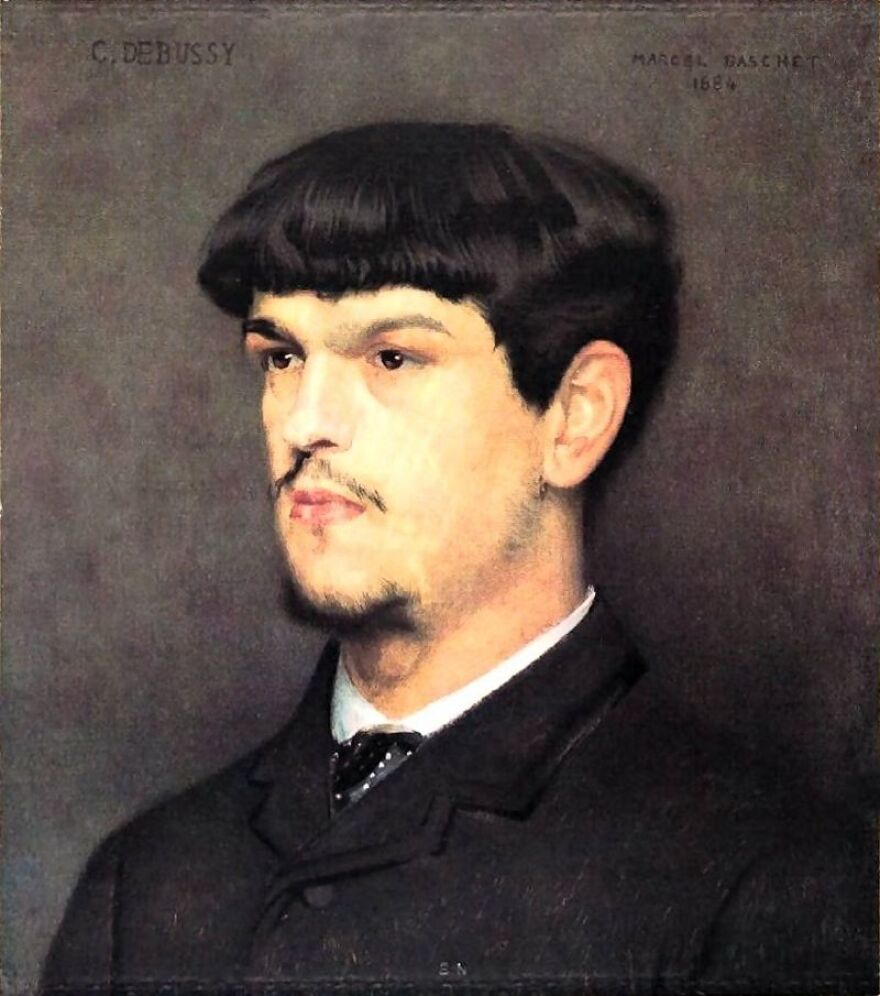Pop music has always borrowed liberally from classical themes: think Al Jolson’s 1920 hit “Avalon” lifting Puccini’s opera “Tosca,” 1970s disco sensation "A Fifth of Beethoven” or Vitamin C’s more modern sampling of Pachelbel’s “Canon in D Major.”
But it's a two-way street! In fact, the first borrowing might have taken place on the classical side.
We can look to 1909 for an example. "Hello! Ma Baby" is a Tin Pan Alley song written in 1899. It was a hit back then but it’s best known today from the 1955 Merrie Melodies cartoon, "One Froggy Evening":
https://www.youtube.com/watch?v=YkfU1JqmkHM
Here’s the original Arthur Collins pop hit from 1899:
https://www.youtube.com/watch?v=-Q6kG2r41lQ
The 1909 piano piece "Le Petit Nègre" by Claude Debussy features a melody very similar to "Hello! Ma Baby," and was clearly inspired by the song:
(Editor's note: "Le Petit Negre" is based in ragtime rhythm, which was emerging at the time and was associated with African-Americans. It was originally intended to be in a collection called "The Children's Corner," loosely based on things in Debussy’s daughter's room, including a black doll.)
https://www.youtube.com/watch?v=BYGMHZeIoxw
In light of the evidence that Debussy borrowed from popular music, it’s especially interesting that decades later, his 1890 composition "Reverie" inspired Larry Clinton's "My Reverie," a song that went on to become one of the biggest pop hits of 1938.
Here’s the original Debussy music:
https://www.youtube.com/watch?v=X5QAKup4jxM
But unlike Debussy, who used "Hello! Ma Baby" without special permission, Clinton had to ask for the right to use "Reverie," and it wasn't easy.
Singer Bea Wain explained in a 2007 KUOW interview just how that story unfolded:
And here is Wain singing "My Reverie":


